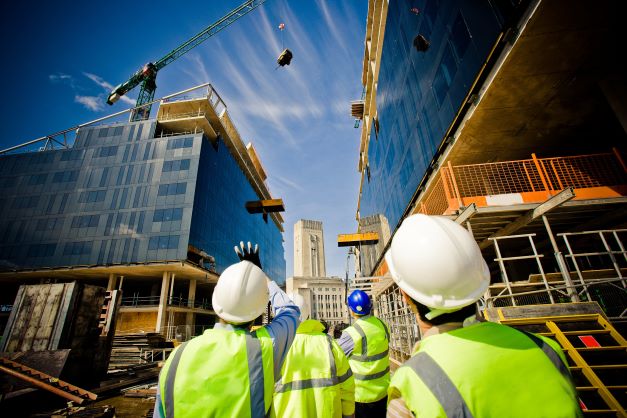
Here at John Burke Associates we have had the pleasure of working on some of the most exquisite architecture. From innovative modern designs to sublime historical buildings, each project enjoyable through its individual merit. For example, state of the art technology used in modern construction is constantly evolving, giving developers innovative ways to build. Thus, providing project managers such as ourselves new and exciting methodologies and process models. However, there is something about historical architecture, which is thought provoking, when one considers architecture before technology.
Why is Historical Building Preservation Important?
In addition to the law, there is an abundance of reasons to support the preservation of historical buildings and architecture. Whilst the covenants of working on a listed building is often more complicated, the reward is also much higher. Here are a few reasons we believe preserving history is also beneficial.
Intrinsic Value
Many historic buildings play a bigger role in our communities than you may imagine. The grand designs and intricate details of older buildings created by materials such as rare hardwood from primary forests which no longer exist. Such buildings are often focus points for towns and cities to serve as a reminder of the area’s history.
Environmental Considerations
In an era where net zero is at the forefront of the construction industries priorities, refurbishment is a positive step. Regenerating old buildings to give them a new lease of life saves energy resources spent on building materials, equipment, transportation, and tools. Therefore, reducing the harms of construction waste while preserving historical beauty.
Educational & Cultural Aspect
As mentioned earlier, when looking at an older building, one can’t help but appreciate the beauty created without advanced technology. These buildings are evidence of the work our forefathers and ancestors put into making our towns and cities beautiful. Restoring and preserving historical buildings and landmarks enriches the cultural values of those residing nearby. Consequently, unifying goals towards a better future whilst preserving the fundamental history of construction.
Work with an Award-Winning Team
John Burke Associates provide a comprehensive portfolio of services to our clients. Our award-winning team have worked on a variety of projects pertaining listed buildings. Most recently, father and son team David and Dale Hayward received the prestigious Peter Wilson Award 2022. This was given for their work on the grade 1 listed Indigo Hotel in Bath a large and complex project. Click here to find out more.









Recent Comments